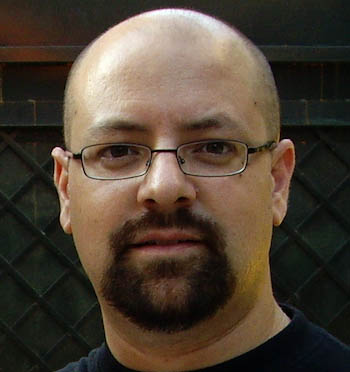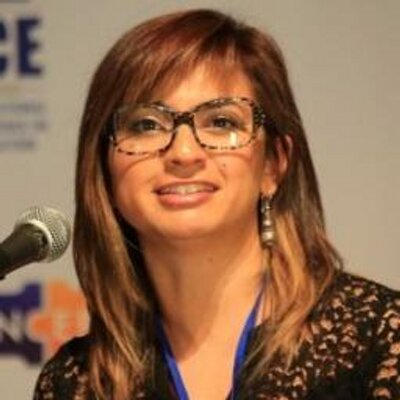This SPOOC contributes to the development and improvement of Teachers’ Digital Competence in all areas, especially focusing on Area 2 "Communication and collaboration", Area 3 “Digital content creation” and Area 5 "Problem solving" of the Digital Competence Framework for Teachers (published in the Official State Gazette, BOE on July 13 2020).
The satisfactory completion of the activities in the course will help you reach the following competence levels:
C1 of competence 2.2. Sharing information and digital content working on the following descriptor: "I create files and documents online and share them through digital channels with my education community assigning different user roles (edit, read, comment)".
B2 of competence 2.4. Collaborating through digital technologies working on the following descriptor:"I use shared web spaces both as a creator and/or editor to work with my educational community".
B2 of competence 3.1. Developing digital content, working on the following descriptor: “I design, create and edit images, iconic materials, videos and audios owned by me, both locally and in the cloud, and publish them as part of my teaching practice.”.
B2 of competence 3.3. Copyright and licenses, working on the following descriptor: “Whenever I use some digital content of another author for my teaching practice, I respect its license and I cite its origin properly.".
B2 of competence 5.2. Identifying technological needs and responses, working on the following descriptor: "I diagnose the degree of development of the digital competence of my students and design tasks and activities accordingly, in order to improve it".
B2 of competence 5.3. Creatively using digital technologies, working on the following descriptor:"I participate in collaborative digital projects and inform the rest of my educational community about their innovative potential."
B2 of competence 5.4. Identifying gaps in digital competence, working on the following descriptor:"I evaluate, reflect and discuss with my colleagues on how to improve the digital competence for teachers."
SPOOC Update by
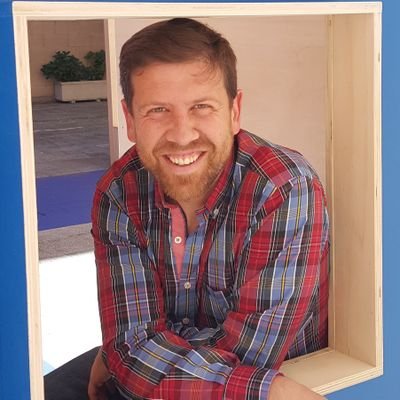
Mario Santamaría Baños is a qualified teacher in Primary Education and Special Education, with a degree in Pedagogy and a doctorate in Education from the University of La Rioja. He is an ICT facilitator in his school, holds the position of Head of Studies, coordinates different educational innovation projects and he is also a trainer of trainers in the field of digital teaching competence.
SPOOC Authors
David Álvarez holds a Bachelor's Degree in Maths and is an expert in e-Learning. He has worked for eight years in the public administration, managing and coordinating innovation projects for Guadalinfo Network.
Linda Castañeda holds a degree in Pedagogy (University of Murcia) and a PhD in Educational Technology (University of Balearic Islands). Dr. Castañeda is an Associate Professor in the Department of Didactics and School Organization of the Faculty of Education at the University of Murcia.
Fernando Trujillo holds a doctorate in English Philology and he’s a university professor in the Department of Didactics of Language and Literature. He teaches at the Faculty of Education, Economics and Technology of Ceuta (University of Granada).
Target audience
This SPOOC is aimed at a broad profile of people interested in education and who work or are involved in educational practice, as well as anyone else interested in the subject.
Requirements
To participate in this SPOOC, it is only necessary to have an Internet connection that allows you to watch videos, since much of the content offered is shown in this format.
A certain amount of skill is required in the use of digital environments to carry out activities that will facilitate reflection and debate.
Recommended Courses
If you find this course interesting, have a look at these ones:
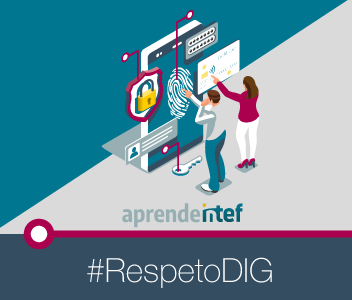
SPOOC Respeto digital y protección de datos personales
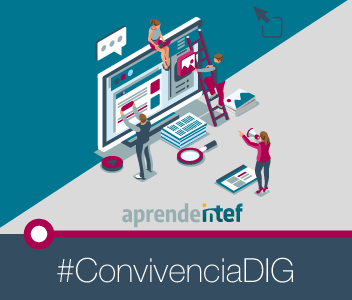
SPOOC Valores democráticos y convivencia en la red
